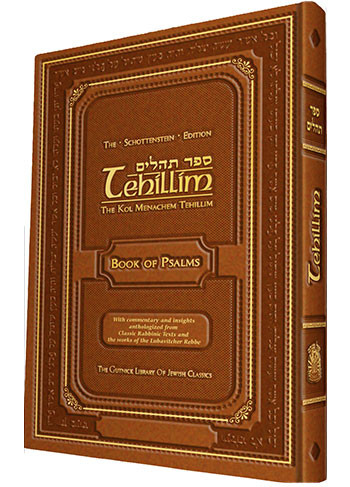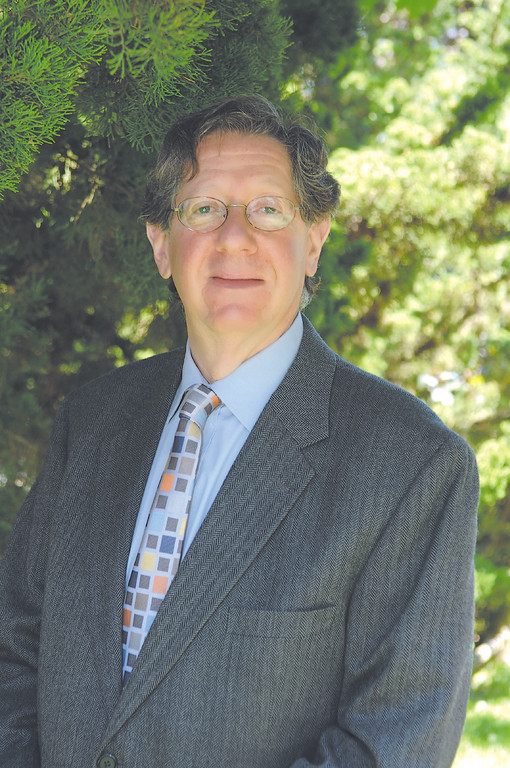Psalm 27: We repeat it … for repentance and penitence
Among the most consistent liturgical works on the Jewish calendar is the twice daily recitation of Psalm 27, beginning next week, heralding the upcoming high holidays of Rosh Hashanah, Yom Kippur and Succos.
The Book of Psalms has experienced numerous new English translations and commentaries that warrant your attention. This week’s essay will focus on Psalm 27 through the works of four authors.
Dr. Amos Hakham in his classical work “Da’at Mikra With the Jerusalem Commentary” [Mosad HaRav Kook], English translation, states what will serve as the thematic introduction to this essay:
“In Midrash Tehillim we find: ‘The Lord is my light’ on Rosh Hashanah, ‘and my salvation’ on Yom Kippur’ [and that] “He will hide me in His tabernacle’ on Sukkot’.” Thus, we see an inherent textual justification for the recital of this psalm at this time of year.
Rabbi Chaim Miller, in his latest commentary and translation to the Psalms [Kol Menachem Tehillim, 2013] asks, “Were the Psalms composed with prophetic insight? The Sages drew a distinction between actual prophecy, and lower levels of the inspired mind, which are often referred to as ruach ha-kodesh, with Tehillim falling into the latter category.” This serves to set the tone for his beautiful work.
Further on, Rabbi Miller goes into some detail as to the liturgical role the Psalms play during this holiday season, breaking it down to four distinct time segments.
“1. Elul and Tishrei. From the second day of Rosh Chodesh Elul until the eve of Yom Kippur, in addition to the regular daily reading, three additional chapters of Tehillim are said daily.
“2. Rosh Hashanah. Throughout both days of Rosh Hashanah, from an hour before the afternoon service on the eve until the evening prayer at its conclusion, a great effort is made to read Tehillim at every moment possible.
“3. Yom Kippur. In 5711 the Rebbe, zt”l, began the custom of reciting the entire Tehillim with the congregation after the evening service on the night of Yom Kippur.
“4. Hoshanah Rabbah. After midnight the entire book is read with the congregation.”
All this is according to the Chabad tradition and are recited in addition to the twice daily recitations of Psalm 27.
Rabbi Miller begins his commentary of Psalm 27 with the following, based upon the first verse, “G-d is my light and my rescue … G-d is my life’s strength.”
“Spiritual self-evaluation has to be an honest one, of all that has been done and left undone. However, a human being cannot be an impartial judge where he himself is concerned, for where he is personally involved he is too subjective to be infallible in his self-estimation; the intrusion of his intellect, the feeling of self-love, create a tendency toward a slanted evaluation.”
This comment serves as an apt set up to the whole holiday theme of penitence and self-evaluation both within ourselves, and before G-d in our worship.
Another new commentary and translation on Psalm 27 was recently published by Kehot / Merkos L’Iyonei Chinuch as part of their new siddur, “The Siddur Illuminated By Chassidus, Weekday Shacharis.”
The translation was composed by Rabbi Eliyahu Touger, who together with Rabbi Sholom Ber Wineberg produced the extensive commentary.
In the commentary to the opening verse, “G-d is my light and my deliverance,” the authors state the following:
“This verse alludes to the 13 Attributes of Mercy that are drawn down in the month of Elul and which shine forth during the 10 Days of Repentance. … What is the vessel that enables G-d’s light to remain on this physical plane? Torah study. On this basis, we can understand the background behind the connection between Elul and Torah study hinted at in the verse, ‘I am my Beloved’s and my Beloved is mine,’ that is identified with Elul.”
The second to the last verse serves as the closing teaching by Rabbi Touger. He quotes the first part, “Had I not trusted,” and teaches that “the word, ‘lulay,’ translated as ‘had I not,’ uses the same letters as Elul, albeit in the reverse order. Implied is a connection between Elul and trust; in Elul, man’s powers of trust and faith can be intensified.”
Thus, by implication, is the justification for the recital of this Psalm at this time of year.
Our last teaching is from a commentary by Rabbi Dr. Martin Shmuel Cohen from, “Our Haven and Our Strength, The Book of Psalms,” with a new translation and commentary.
Rabbi Cohen teaches us the following:
“At the time of year when people find their thoughts turning more and more frequently to their relationship with G-d, it is both bold and brave to read the 27th Psalm over and over as part of public worship, almost as though its message were in need of intense inculcation. And what is that message?
“Simply that G-d may be known even today in the normal way human beings know each other, that G-d must be served to be known, and that even the most assiduous performance of rites and rituals must be deemed meaningless in the absence of faith in a G-d who can be encountered, not merely obeyed.”
FOR FURTHER STUDY
Consider the following as worthwhile followup to this week’s column:
“Sefer Tehillim: Shiur #1 Psalm 27,” by Rav Elchanan Samet [Vbm-torah.org/archive/tehillim]; “Tehillim: the Book of Psalms, Mizmor 27, Faith in the Land of Life,” by Rabbi Avi Baumol [virtual.co.il/education/yhe]

 55.0°,
Mostly Cloudy
55.0°,
Mostly Cloudy 







